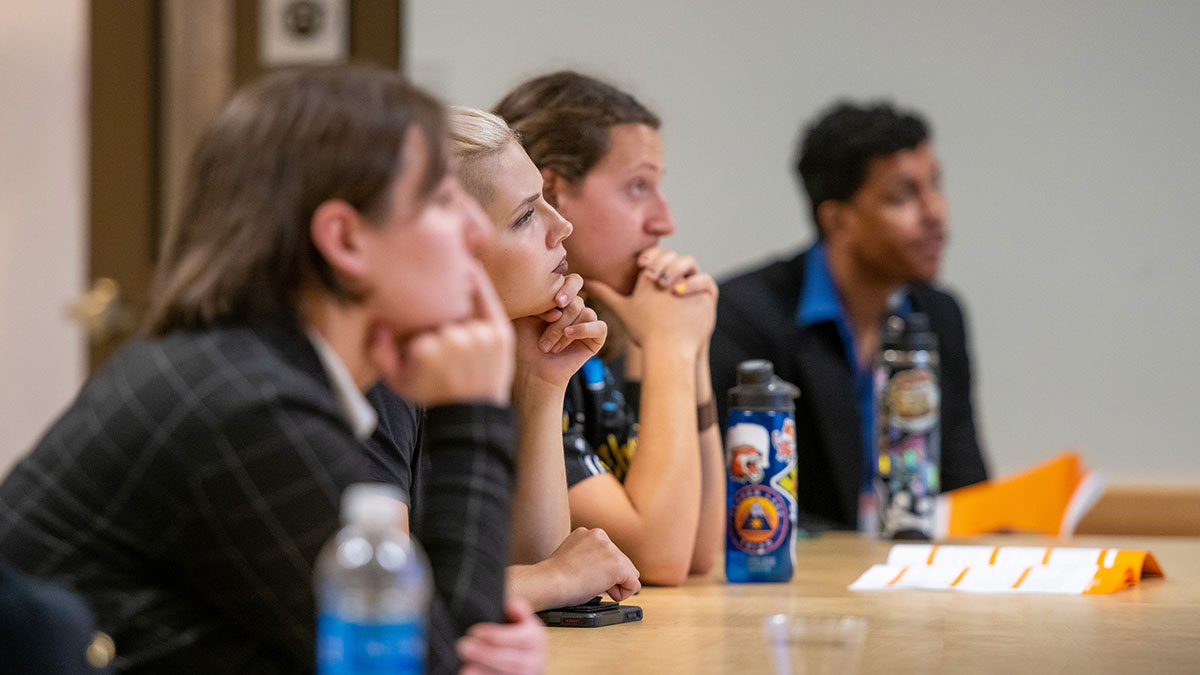Perspectives
The Perspective course categories require a minimum of 24 credit hours of coursework (for the BS degree) and are designed to introduce students to a variety of important areas of inquiry that model different approaches to learning about the world.
Typically taken in the first and second years, the Perspective courses introduce students to fundamentals of liberal arts and sciences disciplines (methods, concepts, and theories) while addressing specific general education learning outcomes.
Categories include: global, social, ethical, artistic, scientific principles, scientific inquiry, and mathematical. The number of courses required in each category varies by degree type (e.g. BS, BFA, AS, and AAS). Note that students may count no more than three required courses (not including labs) from their program’s primary discipline as meeting General Education requirements.
